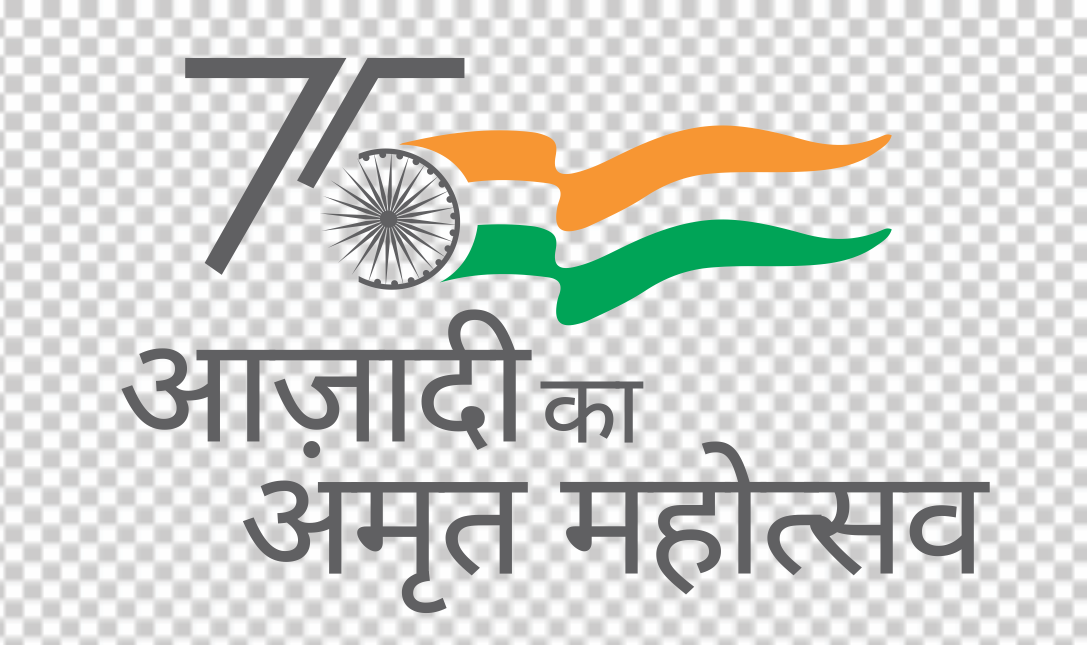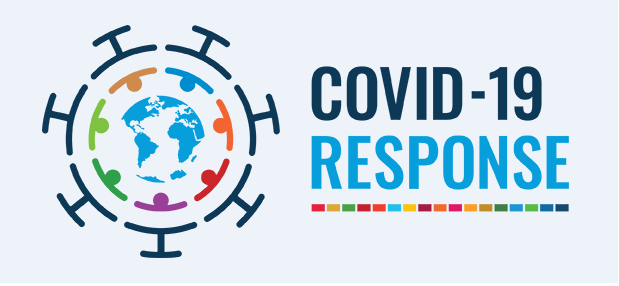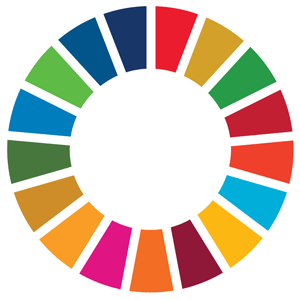Biotechnology for Sustainable Development
Biotechnology for Sustainable Development

Dr. Renu Swarup
Secretary, Department of Biotechnology (DBT)
Ministry of Science & Technology, Government of India
IISD's invited Distinguished Guest Blog
Biotechnology has touched our lives in ways that most of us do not even realise or pay attention to anymore. From something as basic as packaged curd or yogurt found in most homes, to the drugs and vaccines that modern medicine relies on, biotechnology has impacted the way humans live in the
modern day. What's more, biotechnology has been impacting our lives for several hundreds of years, long before we were aware of it.
Whatever the field that biotechnology was used in, the goal for this was clear and consistent. To benefit human lives and for the betterment of the planet. And nowhere is that more clear than it is today in the pursuit of achieving the goals of sustainable development.
The fundamental link between biotechnology and improved outcomes in health, and environment anchors it directly to most of the
UN Sustainable Development Goals (SDGs) that countries have committed to achieving.
Improved nutrition through advances in agricultural biotechnology contribute to the goal of zero hunger. India has already seen the impact of traditional agricultural biotechnology with the green revolution staving famine in post-Independence India.
Biotech is at the heart of medicine and improved health outcomes. Drugs, therapies, vaccines, are largely products of the rapid advancement of medical biotechnology in the last few decades. The most famous example of biotech in medicine are of course antibiotics, which are credited with the saving of numerous lives. Vaccines are credited with saving 2-3 million lives a year and protecting millions more from mortality and morbidity. Improved health outcomes positively impact educational outcomes, and gender equality and reduce inequalities.
The goal of sanitation and clean water is also supported through biotechnology, where new and better ways of sanitation and providing clean water are being developed and implemented such as bioremediation among others.
Industrial Biotechnology is also leading the charge for clean energy through the development of biomass and biofuels, renewable energy sources and low-carbon sources, as the world grapples with the realities of climate change and pollution. Industrial biotechnology is also looking at cleaner ways to produce goods to reduce the impact on the environment.
All of these lay the bedrock for reducing poverty, improving industry and innovation, addressing climate change and achieving long-term stability.
India is committed to harnessing the power of biotechnology for the betterment of our peoples' lives and contributing to the well-being of the planet. The Department of Biotechnology, Government of India, is one of the few departments in the world, that was set up solely to harness the power of biotechnology for the nation. Today, DBT is active in every area of biotechnology and is supporting a wide range of academics, entrepreneurs and innovators through its own, as well as through the Biotechnology Industry Research Assistance Council (BIRAC)'s programs.
We started in a small way in 1986 and build up a vibrant ecosystem all these years and our country is now ranked amongst the top 12 biotech destinations in the world and ranks 3rd in Asia. As per the current estimates, the Indian Biotech industry is valued at USD 63 billion in FY2019-20, which is expected to grow to USD 150 billion by FY25. At present, the biotechnology industry in India comprises 5000 biotech start-ups and is estimated to reach 10,000 by 2024-25. The biotech sector is primarily divided into five major segments: bio-pharma, bio-services, bio-agri, bio-industrial and bio-informatics, which together contribute to the Bioeconomy. Biotechnology industry growth in India is primarily driven by vaccines and recombinant therapeutics at present.
The biotechnology industry has grown more than seven folds in the last decades. There has been a noticeable growth in biotech start-ups numbers as well that have grown 100x, i.e., from 100 start-ups in 2012 to around 5000 in 2021. BIRAC's specialized bio incubation network has also grown 10x, i.e., form 6 incubators in 2012 to 60 in 2021. Start-ups incubated at these centres have created intellectual wealth as reflected in more than 1000 patents filed and about 600 patents already granted. Furthermore, DBT-BIRAC's support to the research ecosystem helped develop indigenous biomedical tools and insights that were paramount in the prevention, identification and treatment of the COVID19 pandemic, thus paving the way for addressing challenges as a nation, through self-reliant solutions.
The vaccine and medical diagnostics sector has been largely instrumental in driving our response towards mitigation of the COVID-19 pandemic. More than 50 startups have developed innovative products for COVID-19. Through Mission COVID Suraksha, DBT is supporting 5 vaccine candidates and 19 clinical trial sites along with ramping up of Covaxin production. The world's first DNA vaccine ZydusCov-D supported by DBT was awarded emergency use authorisation. To achieve self-reliance in the manufacture of reagents, components for biomedical research and to promote import substitution and exports, National Biomedical Resource
Indigenization Consortium (NBRIC) a 'Make in India' initiative was launched. A manufacturing facility set up at Andhra Med Tech Zone (AMTZ) has produced over 575 lakh tests of RT-PCR ( >10 Lakh diagnostic kits/ day), 3.5 lakh Covid-ELISA tests, 11 lakh Viral Transport Media kits, 3000 IR thermometers, 2000 Pulse oximeters and 6000 ventilators. 50 BioNEST incubators spread across the country have responded to the Covid situation and collectively this network has nurtured 100+ Startup solutions for Covid. We are very proud to say that the Biotech sector had risen to the occasion towards attainment of normalcy by providing sustainable solutions.
To nurture a knowledge driven economy towards sustainable development, National Biotechnology Development Strategy was unveiled by
DBT focussing on "building capacities to cater to the current needs and also to the future emerging technologies",
"strengthening and nurturing of a strong basic research innovation driven ecosystem across Research Institutes and Laboratories,
both public and private sector, with complete engagement of Startups, Small Industry, Large Industry and also reaching out to tier 2 and tier 3 cities" and Promoting the translation and product development commercialization ecosystem which necessarily needs to engage public and private sector and also encourage PPP models of co- development.
By 2025, DBT has set an ambitious target of Biotechnology contributing to a "knowledge and innovation driven Bioeconomy". With the current growth trajectory of the sector, it is the expected that India will be within the top 5 countries globally and be recognized as a Global Biomanufacturing Hub by 2025, with the Sector growing exponentially to achieve a growth of $150 Billion.
There is a long way to go in achieving the goals of sustainable development. However, we will get there faster and provide a better world for our next generations sooner, if we employ all the tools we have at our disposal. Biotechnology and all that it has to offer need to be put to the best use possible to fulfil that promise.
________________________________________
Dr. Renu Swarup is the Secretary, Department of Biotechnology (DBT), Ministry of Science & Technology (MoST), Government of India and Chairperson, Biotechnology Industry Research Assistance Council (BIRAC), Government of India.
This is an IISD's Invited Guest Blog, under Distinguished Personality Category.
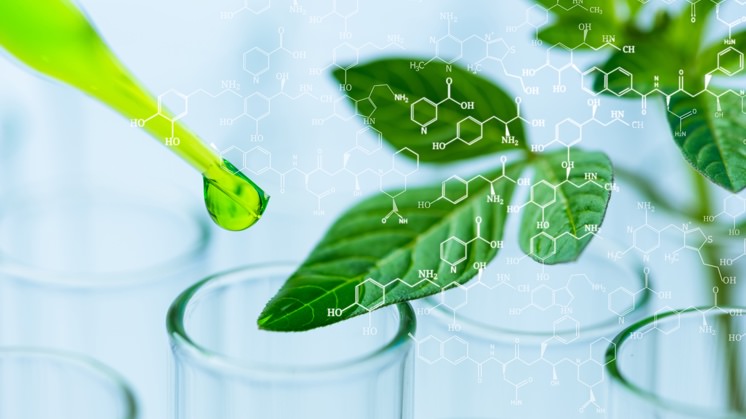
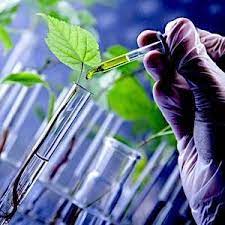
Biotechnology of Sustainable Development
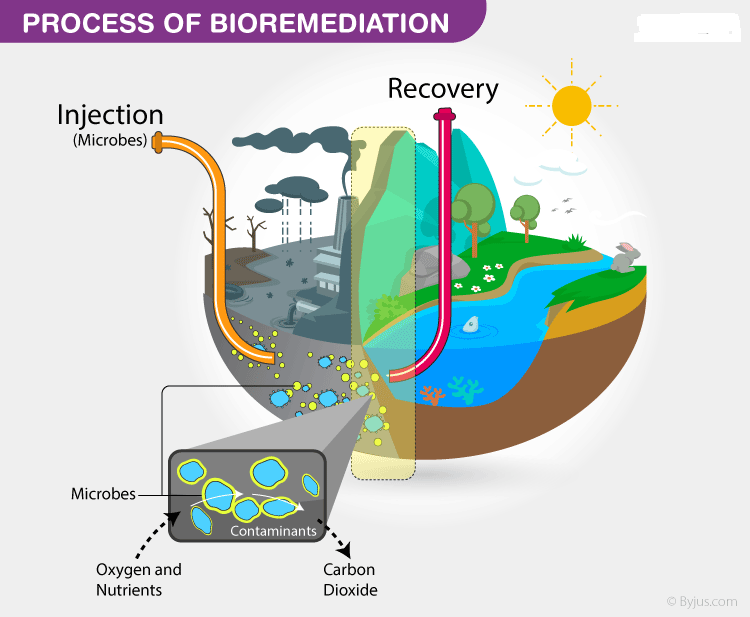
Process of Bioremediation
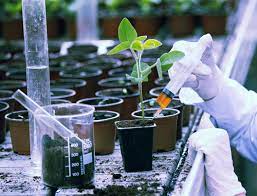
Plant Biotechnology

Vaccine and medical diagnostics through Biotechnology
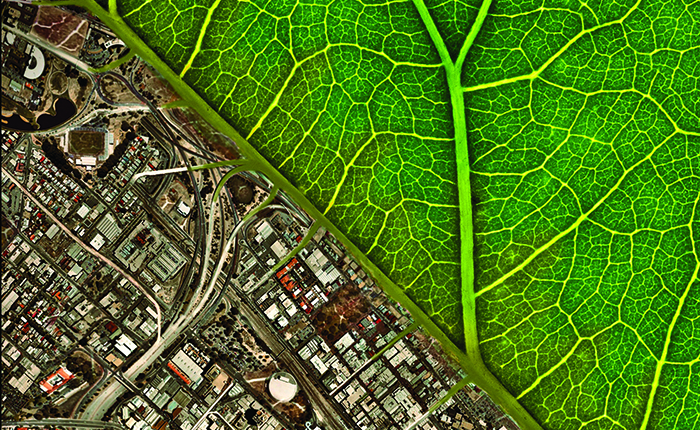
Tissu Biotechnology
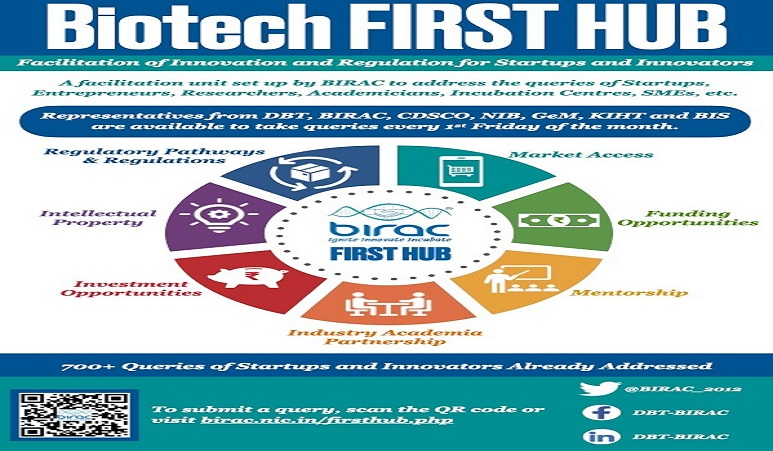
Biotech's First Hub: VIRAC
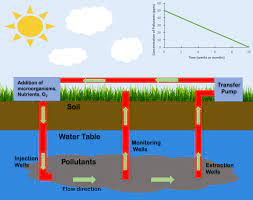
Bioremediation for sanitization
